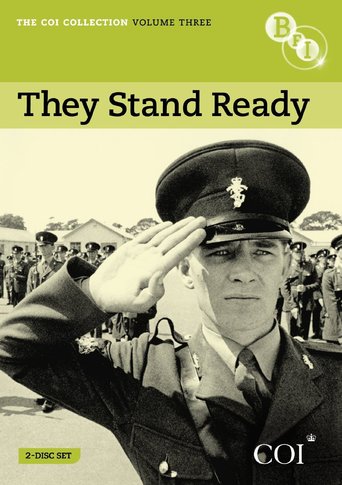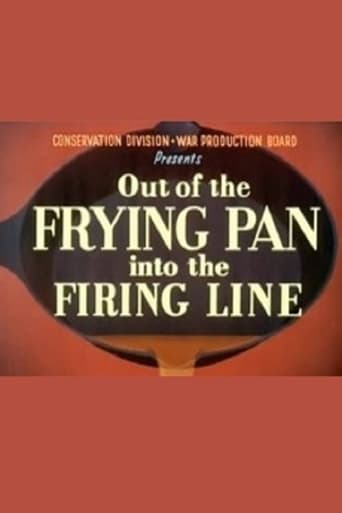
Out of the Frying Pan Into the Firing Line
July. 29,1942 NRGenre:
Keywords:
Trailer
Synopsis
Cast
Documentary short film demonstrating the process by which waste fats from the kitchens of American homes can be transformed into the raw materials for explosives for the war effort.
Similar titles
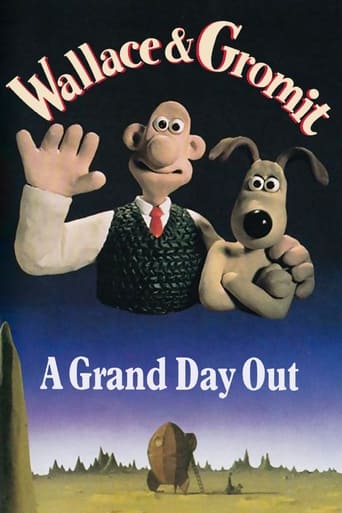
A Grand Day Out
Wallace and Gromit have run out of cheese, and this provides an excellent excuse for the duo to take their holiday to the moon, where, as everyone knows, there is ample cheese. Preserved by the Academy Film Archive.
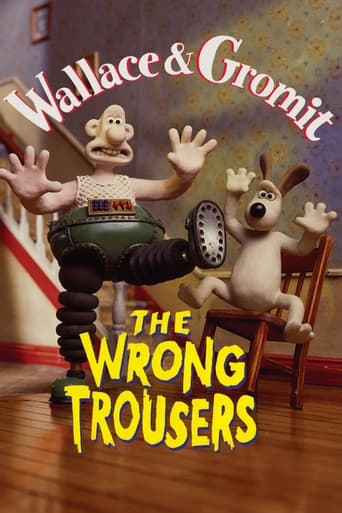
The Wrong Trousers
Wallace rents out Gromit's former bedroom to a penguin, who takes up an interest in the techno pants created by Wallace. However, Gromit later learns that the penguin is a wanted criminal.
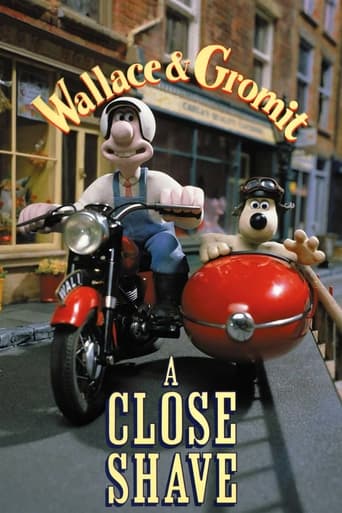
A Close Shave
Wallace's whirlwind romance with the proprietor of the local wool shop puts his head in a spin, and Gromit is framed for sheep-rustling in a fiendish criminal plot.
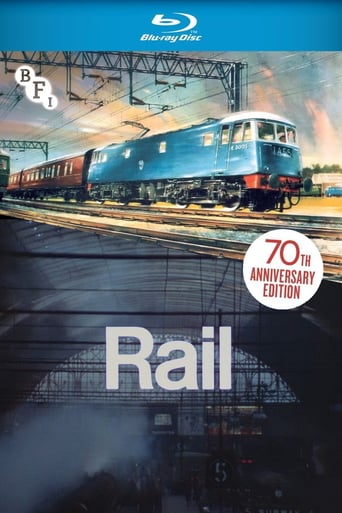
Rail
"Rail" captures British Railways at a major turning-point in its history. In certain respects, this was a period of considerable upheaval and loss. There was a facing-up to the increasing need for a big modernisation drive. Full and speedy electrification, or the wider promotion of diesel-power on remaining lines, became a matter of top priority. Geoffrey Jones recorded a rapidly disappearing world of everyday steam travel, with its labour-intensive rail workforce : some of the footage in "Rail" (recognisable from "Snow") dates from around 1962. (IMDb)
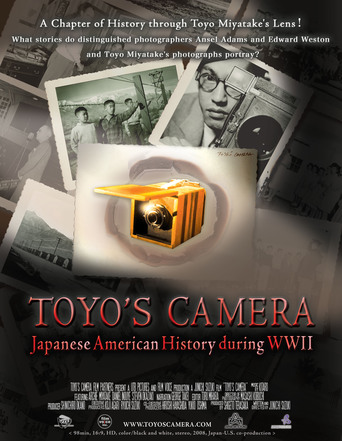
Toyo's Camera
Even though bringing in cameras to the internment camps was prohibited, one man managed to smuggle in his own camera lens and build a camera to document life behind barbed wires, with the help of other craftsmen in the camp. That man was Toyo Miyatake, a successful issei (first generation immigrant) photographer and owner of a photo-shop in the Los Angeles Little Tokyo district, and of one of the many Americans who was interned with his family against his will. With his makeshift camera, Miyatake captured the dire conditions of life in the camps during World War II as well as the resilient spirit of his companions, many of whom were American citizens who went on to fight for their country overseas. Miyatake said, "It is my duty to record the facts, as a photographer, so that this kind of thing should never happen again."
Top Streaming Movies
#1
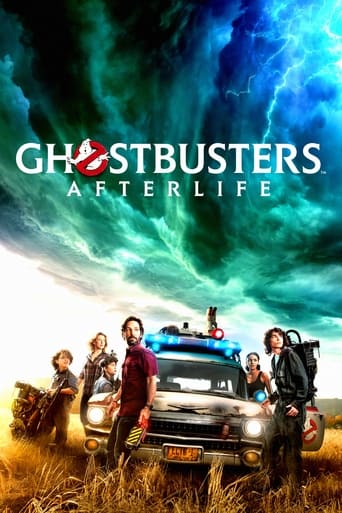
Ghostbusters: Afterlife
November. 19,2021
7.1
#2
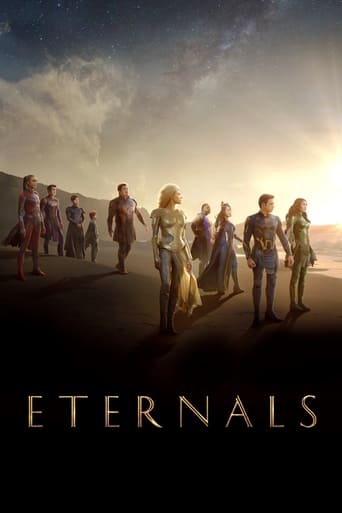
Eternals
November. 03,2021
7.1
#3

Resident Evil: Welcome to Raccoon City
November. 24,2021
5.2
#4
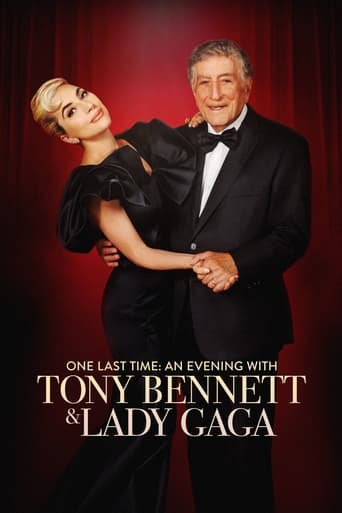
One Last Time: An Evening with Tony Bennett and Lady Gaga
November. 28,2021
8.3
#5

Encanto
November. 24,2021
7.2
#6

Shang-Chi and the Legend of the Ten Rings
September. 03,2021
7.4
#7

Dune
October. 22,2021
8
#8
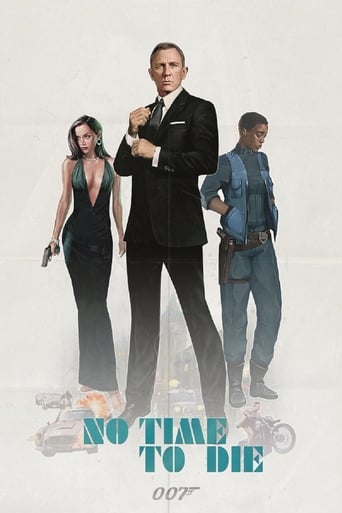
No Time to Die
October. 08,2021
7.3
#9

Venom: Let There Be Carnage
September. 30,2021
5.9
#10
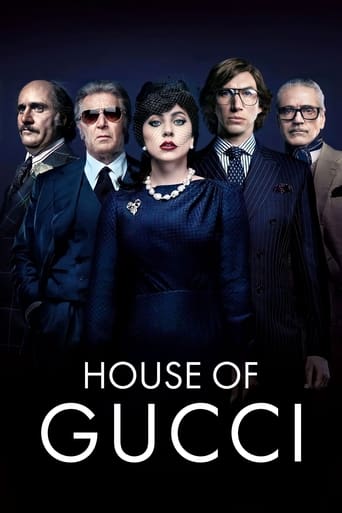
House of Gucci
November. 24,2021
6.6

